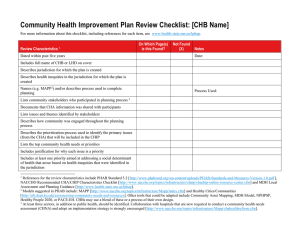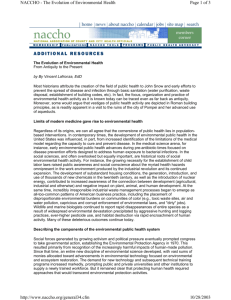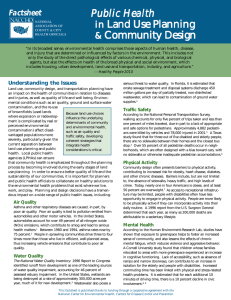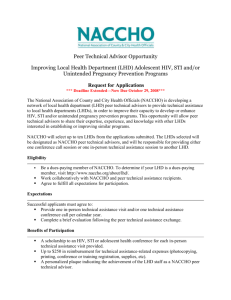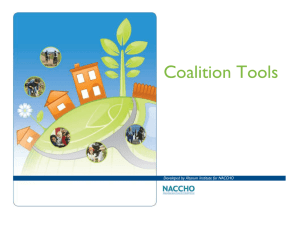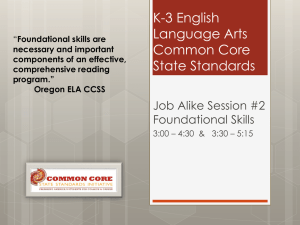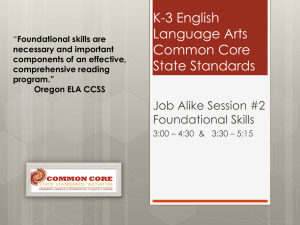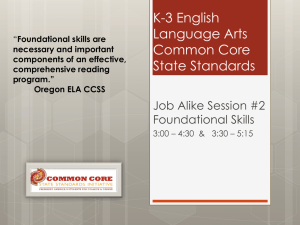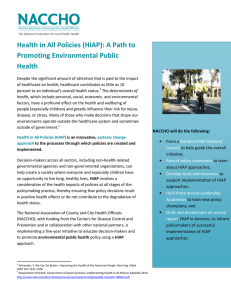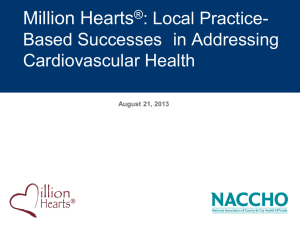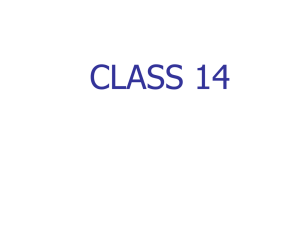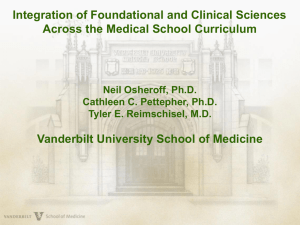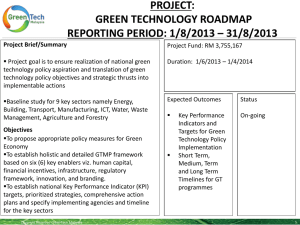How Do I Assess my Organization`s Culture of Quality?
advertisement
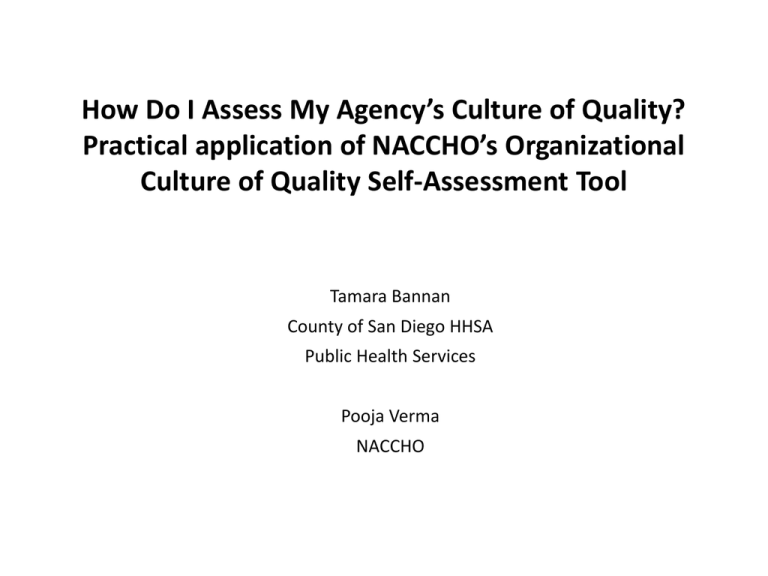
How Do I Assess My Agency’s Culture of Quality? Practical application of NACCHO’s Organizational Culture of Quality Self-Assessment Tool Tamara Bannan County of San Diego HHSA Public Health Services Pooja Verma NACCHO Organizational Culture “Organizational culture is defined as the shared beliefs, perceptions, norms, values and expectations of individuals in organizations.” Culture Transformation: Change Management 1. Unfreeze • Awareness • Readiness • Urgency 2. Transition • Empower • Build capacity • Build infrastructure 3. Refreeze • Institutionalize • Sustain Change Management “Human” Side: • How are staff responding? • Is there resistance? • Are arising issues addressed? • Is the environment “safe?” • Continually assess culture “Process” Side: • What systems/processes must be put in place? • Do we measure performance? • Are formal plans, policies, and procedures? • Is there accountability? NACCHO’s Roadmap to a Culture of Quality: www.qiroadmap.org NACCHO Roadmap to a Culture of Quality Phase 1: No Knowledge of QI Phase 2: Not Involved with QI Phase 3: Informal or Ad Hoc QI Phase 4: Formal QI in Specific Areas Agency Characteristics Transition Strategies Resources Phase 5: Formal AgencyWide QI Phase 6: QI Culture Building an Organizational Culture of Quality: 6 Foundational Elements Employee Empowerment Continual Process Improvement Teamwork & Collaboration Quality Culture Leadership Commitment QI Infrastructure Customer Focus Source: NACCHO’s Roadmap to a Culture of Quality www.qiroadmap.org Organizational Culture of Quality Self-Assessment Tool • Comprehensive assessment • Based on the 6 foundational elements (20 sub-elements) • Aligned with QI Roadmap • Offers transition strategies based on results NACCHO QI SELFASSESSMENT TOOL San Diego’s Approach in Using It Presented by Tamara Bannan, MPH OVERVIEW OF PROCESS Reviewed the NACCHO Quality Improvement (QI) Self- Assessment Tool (SAT) Obtained input from Performance Management Committee Determined best method to implement Conducted eight sessions with each PHS branch and administration office SAT SESSION AGENDA This agenda was used at each two-hour session Purpose and overview of NACCHO QI SAT Instructions for completing the scoring summary Overview of the foundational elements Score sub-elements Discuss next steps EXAMPLE FROM THE QI SAT Foundational Element 1: Employee Empowerment and Commitment Sub-Element 1.1: Enabling Performance Rate the following statements regarding enabling employees for success in the organization. Strongly Disagree 1 2 3 4 5 Strongly Agree 6 Defined job and QI related roles and expectations are understood by employees. Employees use performance measures and targets for problem solving and improvement in their work. Employees receive effective feedback on job performance on a regular basis. QI related goals are incorporated into the performance appraisal process. Employees are acknowledged and/or rewarded for their contributions and successes. Employees have the necessary resources (information and materials, supplies, IT infrastructure) to successfully perform their role. All employees have access to a skilled practitioner (e.g., supervisor, mentor) to get help on required work. Leadership provides employees the authority to make decisions and take action to improve their own work processes. Defined processes are used for addressing problems related to quality. All employees have the opportunity to identify and nominate improvement activities and formal QI projects. Creating Expectations and Getting Feedback Providing Resources Empowering Individuals and Teams FOUNDATIONAL ELEMENT 1: EMPLOYEE EMPOWERMENT AND COMMITMENT SUB-ELEMENT 1.1: ENABLING PERFORMANCE Rate the following statement in blue regarding enabling employees for success in the organization from 1 to 6 (strongly disagree to strongly agree) Creating Expectations and Getting Feedback Defined job and QI related roles and expectations are understood by employees. Employees use performance measures and targets for problem solving and improvement in their work. Employees receive effective feedback on job performance on a regular basis. QI related goals are incorporated into the performance appraisal process. Employees are acknowledged and/or rewarded for their contributions and successes. INSTRUCTIONS PROVIDE TO STAFF Rate the main points shaded in blue from 1 to 6 (strongly disagree to strongly agree) Supporting statements alternately shaded below will be used as guidance Performance Management Core Team will average the scores for each sub-element across the entire PHS division and gather an overall score for the foundational element Scores will be used to determine the appropriate next steps for continuing to build a culture of quality SCREENSHOT OF SCORES NEXT STEPS BASED ON FINDING FROM THE SELF-ASSESSMENT Finalize QI Plan to meet PHAB requirements and use data in its development and revisions Develop specific goals for QI activities with SMART objectives Provide more learning opportunities Support collaboration across programs Include customer-focused data collection for improved service, especially for those with internal customers Include QI competencies in Workforce Development Plan Train and develop leadership in performance improvement
